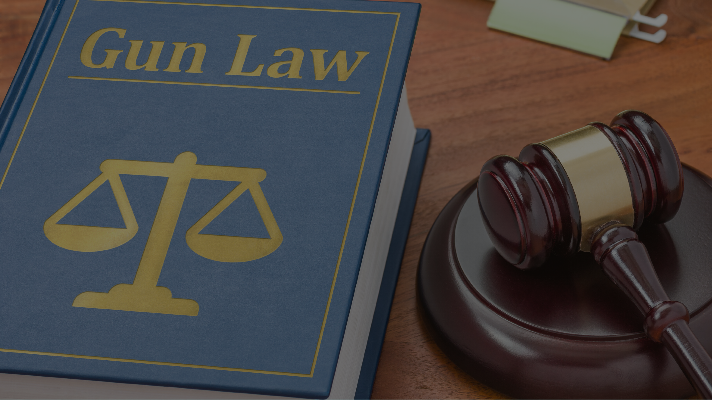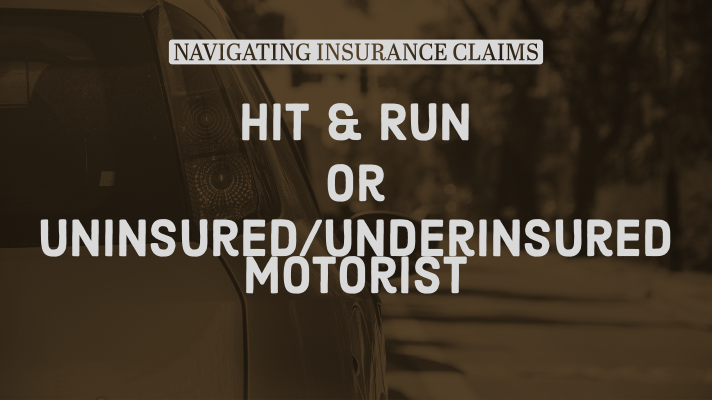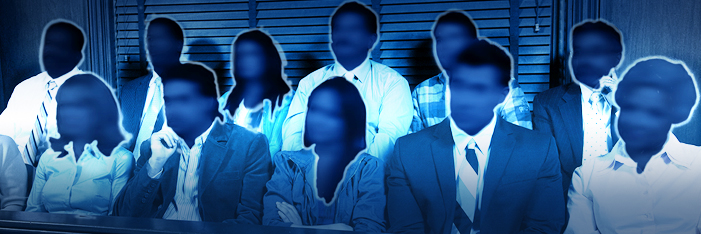What Is The New Gun Law Being Considered in San Jose and is it Constitutional?
Written By Christopher B. Dolan This week’s question comes from Jason P. from San Jose: I know you are personal injury lawyers but, read that you are also civil rights lawyers. I was wondering if you can answer my question on whether the new gun law in San Jose is constitutional? Thanks for you question …
What Is The New Gun Law Being Considered in San Jose and is it Constitutional? Read More »




